Professional Ethics For Court Reporters
The main responsibly of a court reporter is to create the written transcripts of a court proceeding or deposition. These written transcripts are considered the official record. Since people’s lives and livelihoods are at stake, these transcripts need to be accurate and impartial. Therefore, it is important for court reporters to serve as an unbiased member of the court and to maintain a high code of ethics. By doing this, court reporters ensure they help uphold the integrity of the court system.
The National Court Reporters Association (NCRA) provides an excellent code that outlines professional and ethical behavior that all court reporters should follow. Our firm takes these ethical guidelines seriously. Below we’ve highlighted some important principles from the NCRA’s Code of Professional Ethics. By bringing this information to your attention, you can make an informed decision when choosing to hire the services of a court reporting firm. Also, if the reporting firm you currently use is not upholding this ethical and professional excellence, consider switching court reporting firms.
Highlights from the NCRA’s Code of Ethics
1. Provide fair and impartial services: Court reporters must remain unbiased and neutral. When working with multiple parties, no partial treatment may be given to the party that hired the reporter. The NCRA’s code states: “Be fair and impartial toward each participant in all aspects of reported proceedings, and always offer to provide comparable services to all parties in a proceeding.”
2. Curing conflicts of interest: A conflict of interest occurs when a person has direct interest or finical interest with the outcome of an event or has a close relationship with other parties involved. Such factors can influence an individual’s judgement. Therefore, it is important to identify and prevent conflicts of interest. The NCRA mentions: “Be alert to situations that are conflicts of interest or that may give the appearance of a conflict of interest. If a conflict or a potential conflict arises, the Member shall disclose that conflict or potential conflict.”
3. Maintain confidentiality: According to the NCRA, court reporters must “preserve the confidentiality and ensure the security of information, oral or written, entrusted to the Member by any of the parties in a proceeding.” This means that none of the information gained by a court reporter—either on or off the record—should be discussed outside of the deposition or court proceeding.
4. Uphold ethical standards: The NCRA states: “Guard against not only the fact but the appearance of impropriety.” Impropriety means failing to observe the standards or show honesty. Court reporters must not fail at observing the standards and being honest. Furthermore, they must not give off the appearance of failing at those things. This is because perceptions (even false ones) can become the reality for other people. Thus, appearance matters.
5. Avoiding Incentive Gift Giving: Incentive gift giving can influence the decision of hiring a court reporter or firm. The decision should be based on qualifications and professionalism, not special gifts. Furthermore, accepting a gift or perk from a reporting firm in exchange for its services can produce the perception of favoritism and impropriety. Thus, the NCRA says it is crucial for court reporters and firms to refrain from such activities. In fact, the NCRA states in the code of ethics: “Refrain from giving, directly or indirectly, any gift or anything of value to attorneys or their staff, other clients or their staff, or any other persons or entities associated with any litigation, which exceeds $150 in the aggregate per recipient each year. Nothing offered in exchange for future work is permissible, regardless of its value. Pro bono services as defined by the NCRA Guidelines for Professional Practice or by applicable state and local laws, rules and regulations are permissible in any amount.”
Combs Reporting is a NCRA Ethics First Firm.
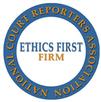
Source: http://www.ncra.org/CodeofProfessionalEthics

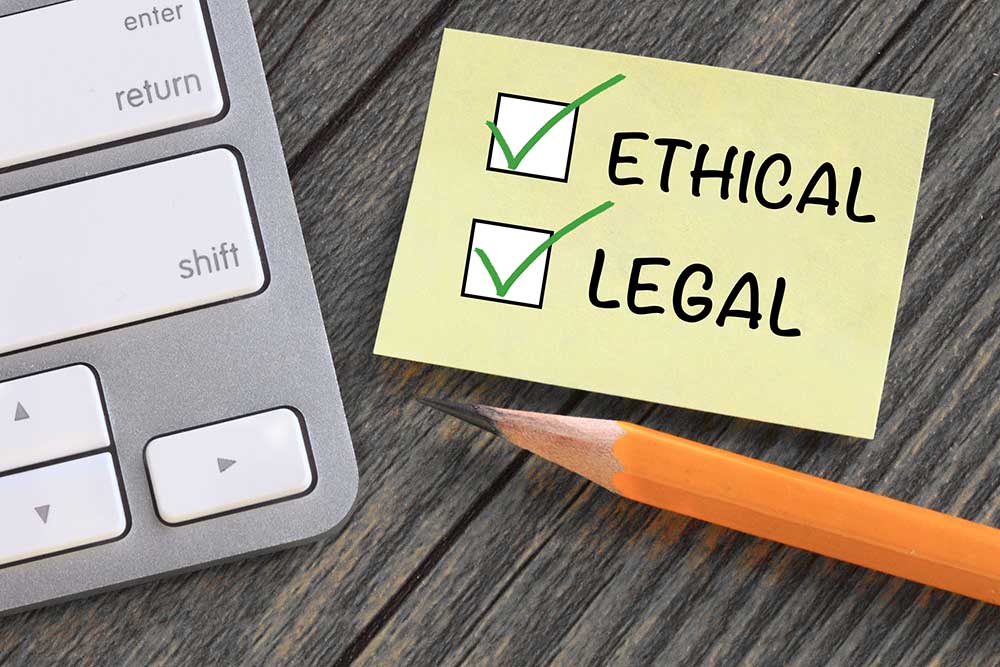
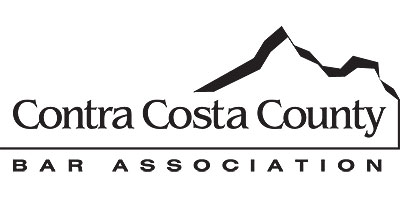
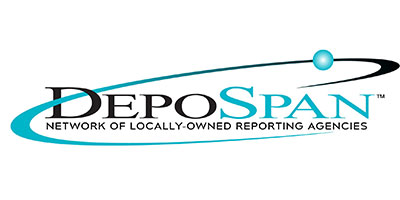
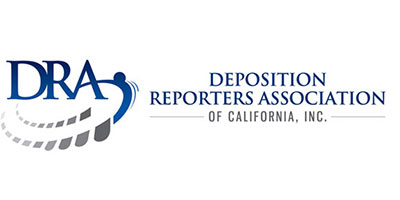
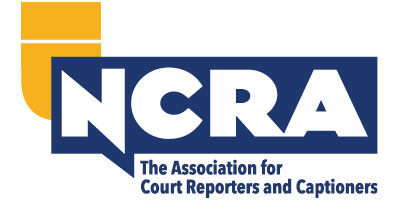
Leave A Comment